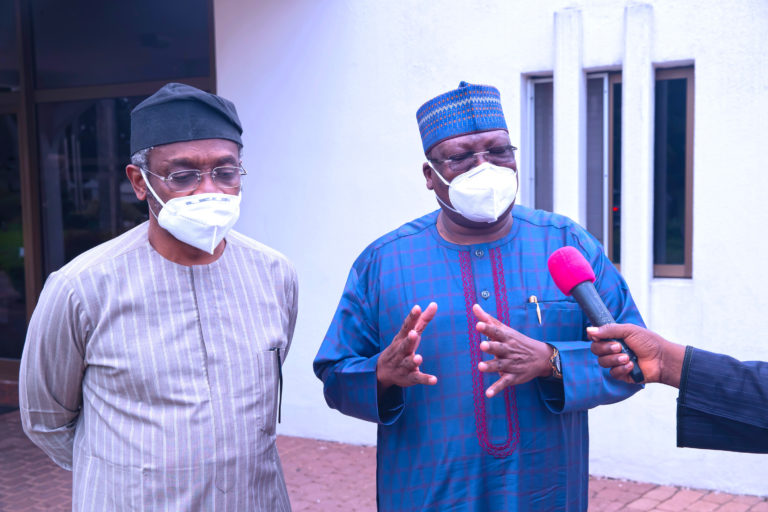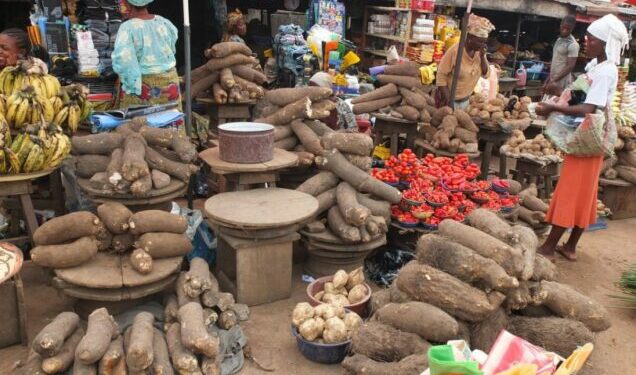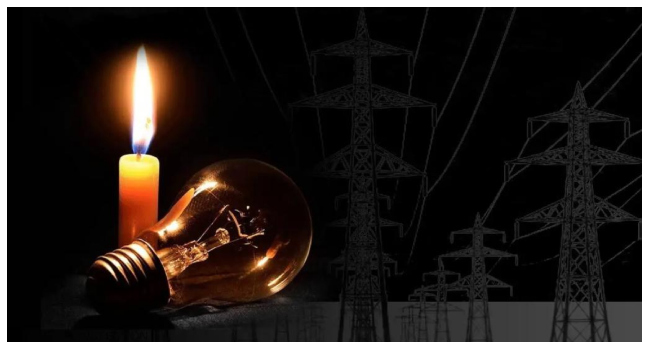
There are strong indications that the National Assembly will ignore opposition to some provisions of the Petroleum Industry Bill recently passed by the Senate and the House of Representatives.
The PUNCH on Wednesday gathered that after the harmonisation of the versions of the bill passed by the Senate and the House of Representatives, the bill would be submitted to President Muhammadu Buhari for assent.
After 13 years of its introduction, both the House and the Senate on Thursday passed the bill. While the House proposed five per cent share for host communities, the Senate suggested three per cent.
The National Assembly also proposed 30 per cent of the profit of the planned Nigerian National Petroleum Company Limited for oil exploration in frontier basins, which are mostly in the North.
But at their meeting in Lagos on Monday, southern governors rejected setting aside 30 per cent of the NNPCL’s profit for oil prospecting in frontier basins. They also opposed three per cent share proposed for host communities.
On his part, a prominent leader in the Niger Delta, Chief Edwin Clark, described the bill as satanic.
Already, both chambers have set up conference committees to harmonise the different versions of the bill.
The PUNCH, however, learnt on Wednesday that the conference committee would only focus on the areas of difference and would not tinker with the provisions under criticism.
Speaker of the House, Femi Gbajabiamila, had on Tuesday constituted a conference committee to harmonise the differences in the versions of the PIB passed by the Senate and the House.
Gbajabiamila announced members of the panel as including the Chairman of the House’ Ad Hoc Committee on PIB and Majority Whip of the House, Mohammed Monguno and six others as members
They are Victor Nwokolo, Ademorin Kuye, Kingley Uju, Tijjani Yusuf, Ibahim Hamza and Mansur Soro.
On Wednesday when asked if the joint committee of both chambers would consider issues raised by the southern governors and other stakeholders, a member of the panel, who spoke to one of correspondents on condition of anonymity, said the lawmakers would only concern themselves with resolving the differences in the versions passed.
He stated, “Conference committees are meant to harmonise differences reached by two chambers. So, if this (Senate and House’ 3%/5% disparity) is the only difference, that is it.”
But the House hit hard at critics of the PIB and described opposition to the bill provisions on host communities as hasty and propelled by lack of in-depth analysis.
The Chairman of the House Committee on Media and Public Affairs, Benjamin Kalu, in a statement made available to one of our correspondents dismissed the controversy over the definition of ‘host communities.”
According to Kalu, states hosting production facilities of international oil companies are also considered as host communities.
The note was titled ‘The Petroleum Industry Bill 2020: A Simplified Explanation to the Constituents of Bende Federal Constituency by Rep. Benjamin Okezie Kalu, Member Representing Bende Federal Constituency of Abia State and the Spokesman of the House of Representatives.’
Kalu said, “On the 1st of July, 2021, both chambers of the parliament went through the clause by clause consideration of the bill in preparation for the third reading, which was a major achievement, although not without a call from the public to explain grey areas appearing discriminatory to the host communities, while claiming that a section of the nation is set up to benefit from both the Host Community Trust Fund as well as the Frontier Exploration Fund.”
The lawmaker said he considered the opposition as “a hasty conclusion propelled by the lack of an in-depth analysis of the bill.”
Kalu said, “In Section 318 under the interpretation section, ‘host community’ is defined as those communities situated in or appurtenant to the area of operation of a settlor, and any other community as a settlor may determine pursuant to chapter 3 of the bill.
“These are those communities housing the production assets of the settlors (the IOCs) and are compensated for the loss of surface use of land for exploration after the land survey is carried out.
“The IOCs know their hosts at all times. There is zero ambiguity on this, as no settlor will accept to fund those who are not hosting them. Surely, the IOCs have a role to play in determining this, especially when one looks at the provisions of the bill with regard to the host Community Trust Fund and the process of setting up the organisational structure as well as the implementation guidelines as outlined by the bill. Nigerians are assured that the Trust Fund will take care of the host communities, to the exclusion of all others.
“Pipeline routes are not host communities, they are impacted communities under the care of the operators in the course of their operations. It is still not obvious which part of the bill mandated the Host Community Trust Fund to cater for the needs of the ‘impacted communities.’ These divisive propagandist theories should be ignored fully.”
The House spokesman noted that what the executive sponsored bill proposed was an annual contribution of 2.5 per cent of the operating expenditure of the preceding year of the IOCs to fund this, as provided for in Section 240(2), which the House amended based on technical advice to 5 per cent, though the host communities asked for 10 per cent.
“The reason behind our decision is to ensure that the financial burden is not much on the investors in this era of great competition across the sector. Since the desire of every investor in choosing the destinations for investment is majorly profit, it presupposes that for our bargaining to be attractive, it should create value for the investors to energise their buy-in. The point remains we can’t fund the whole nine yards of exploration and production without the foreign direct investments.
Credit: Punch


